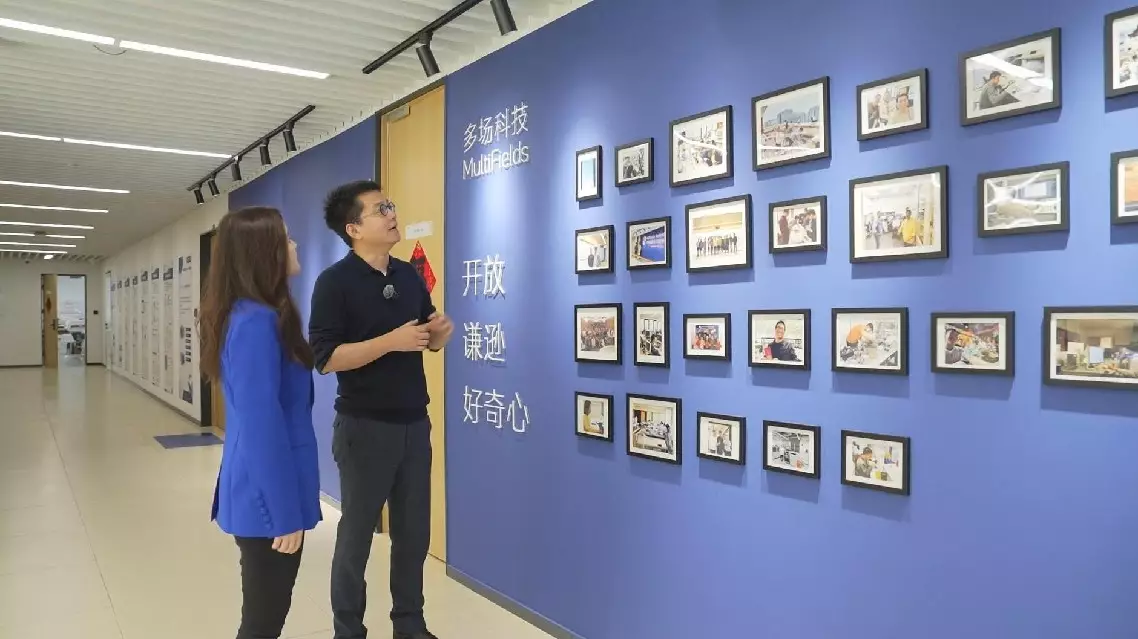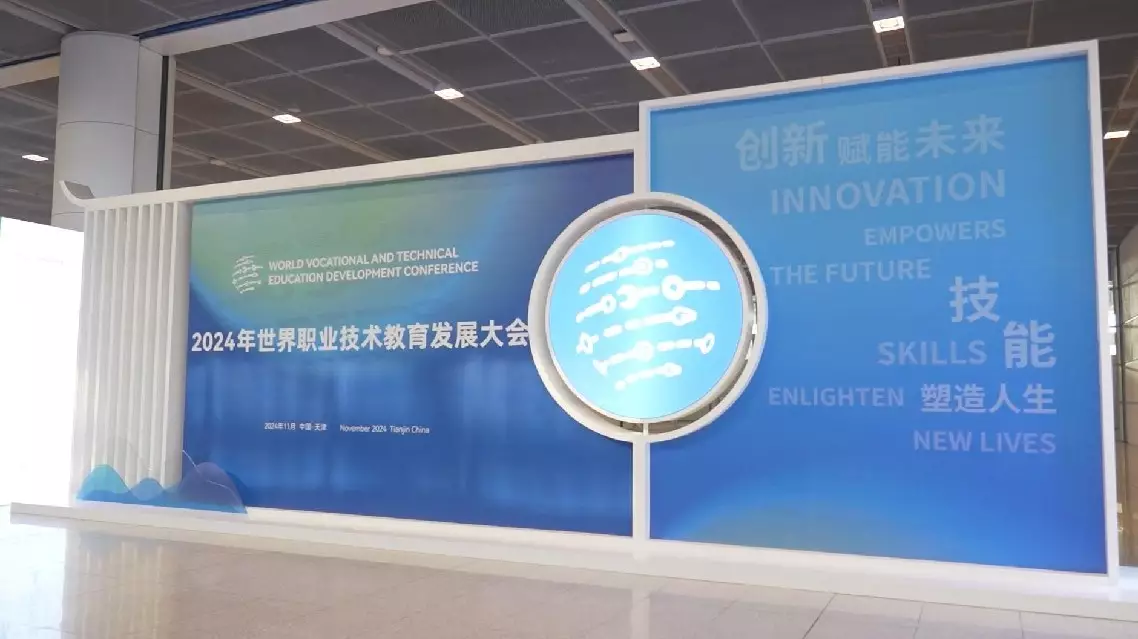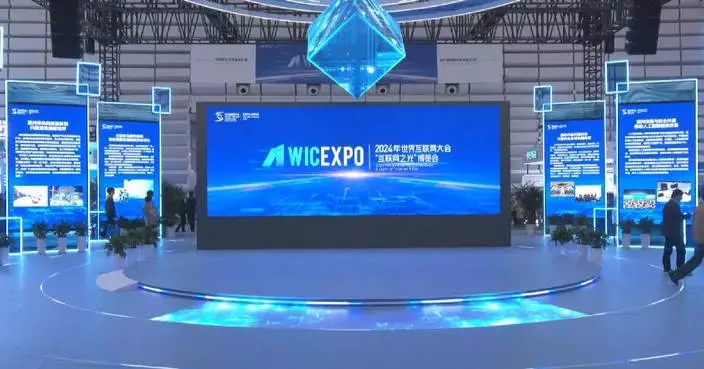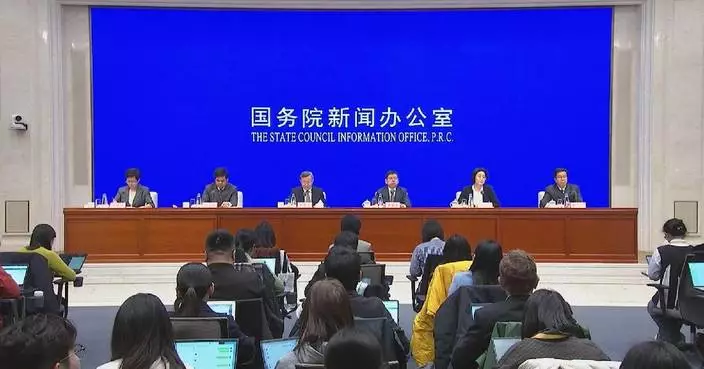China's two-oriented policy, focusing on national strategic initiatives and strengthens security capabilities in key sectors, has provided significant support and created growing opportunities for private technology companies in recent years.
Cong Junzhuang is a co-founder of MultiFields Technology, a Beijing-based private company specializing in piezoelectric ultra-precision motion control technology and products.
He said that the nanotechnology automation field is currently dominated by companies from countries like Germany, Japan, Israel, and the United States. However, his team is working to position Chinese technology among the best in the world.
Cong reflected on his startup story, starting a few years ago with just a three-person team.
"I graduated in 2017 and started this company with a classmate. The third member to join was my former roommate. Initially, there were only a few of us working out of a 30-square-meter apartment, designing technical drawings on a blackboard," he said.
In 2021, they relocated the company to Huairou Science City funded by local government in Beijing's suburbs, and entered a fast track for growth ever since.
"This year, we've received over 100 million orders. The scale is expected to be doubled next year," said Cong.
As China has intensified its implementation of its two-oriented policy in recent years, Huairou Science City has provided many financial and policy supports to entrepreneurs like Cong.
"Renting a 600-square-meter space downtown would have cost us nearly one million yuan annually. We really worried about it, and then we got this spacious office space for free for three years! What’s more, the science city connected us with investors for angel funding," said the company co-founder.
The 2024 Government Work Report highlighted plans to issue ultra-long-term special treasury bonds in the coming years to fund national strategic initiatives and key security projects, starting with one trillion yuan (about 14 billion U.S. dollars) this year.
"Government policies have helped us significantly, providing much more opportunities for private companies lacking financial support. This provided us more resources to push our projects forward," said Cong.
The growth of private enterprises is also driving employment, creating more opportunities for young people to engage in research and development in high-tech industries.
"When I joined in 2021, the company was still like a small workshop. But our goal was to become a leader in this niche technology field. With these funding and policy support, we've now achieved that goal," said an engineer at MultiFields Technology.
According to data from the National Bureau of Statistics, investment in high-tech industries grew by 9.3 percent year on year in the first 10 months, outpacing overall investment growth. Investment in aerospace and equipment manufacturing led the charge, rising nearly 35 percent.

China's two-oriented policy fuels growth for private tech companies









